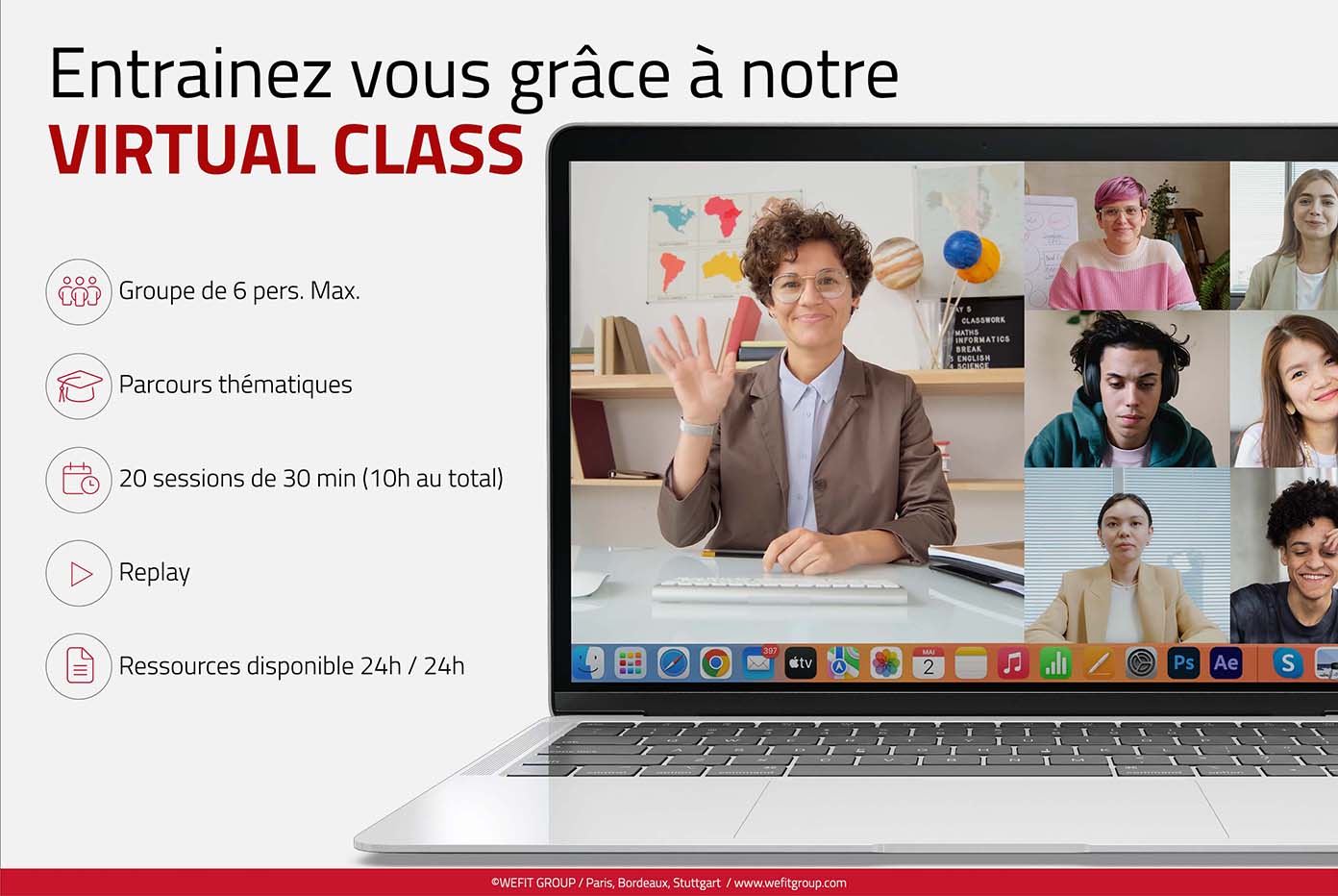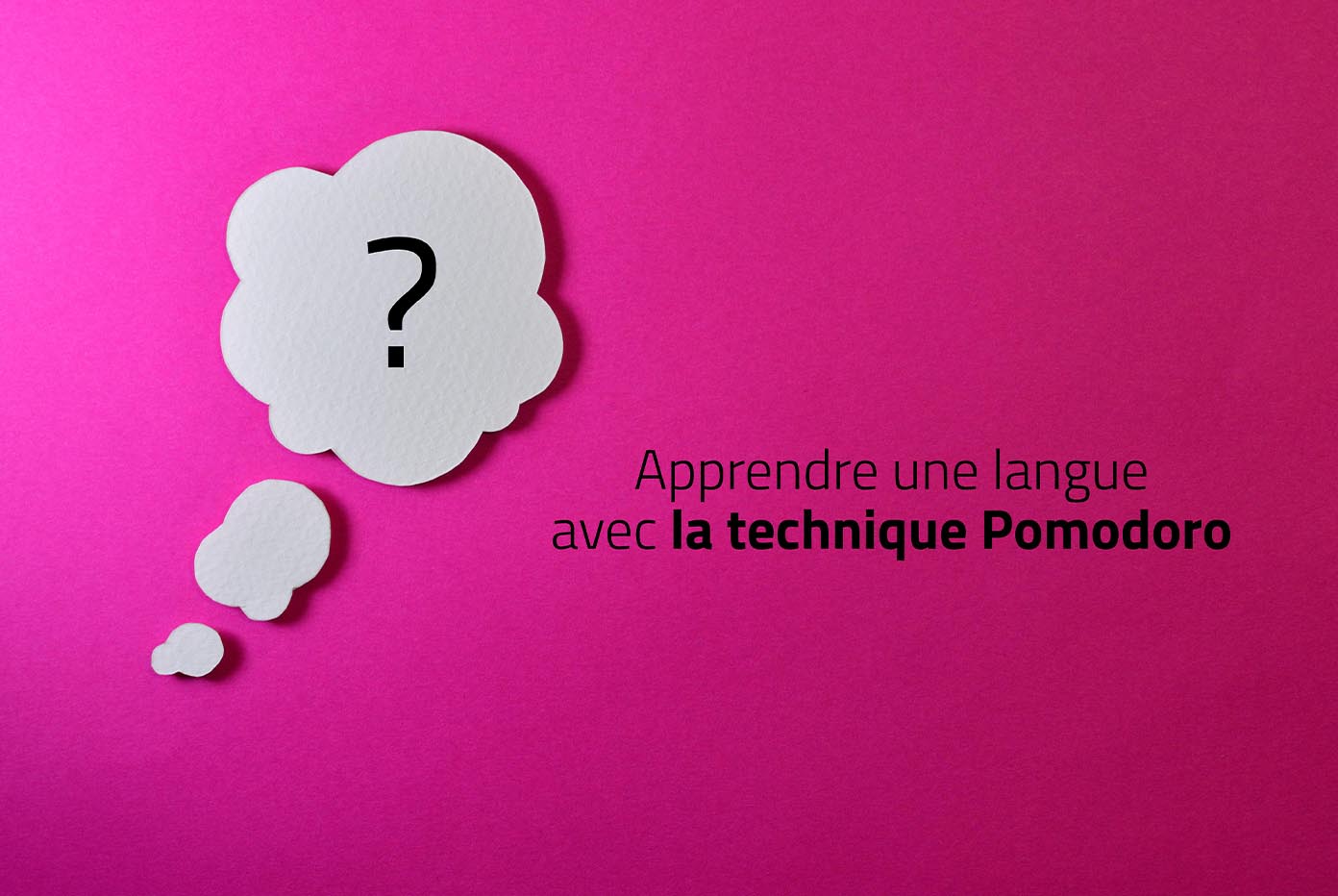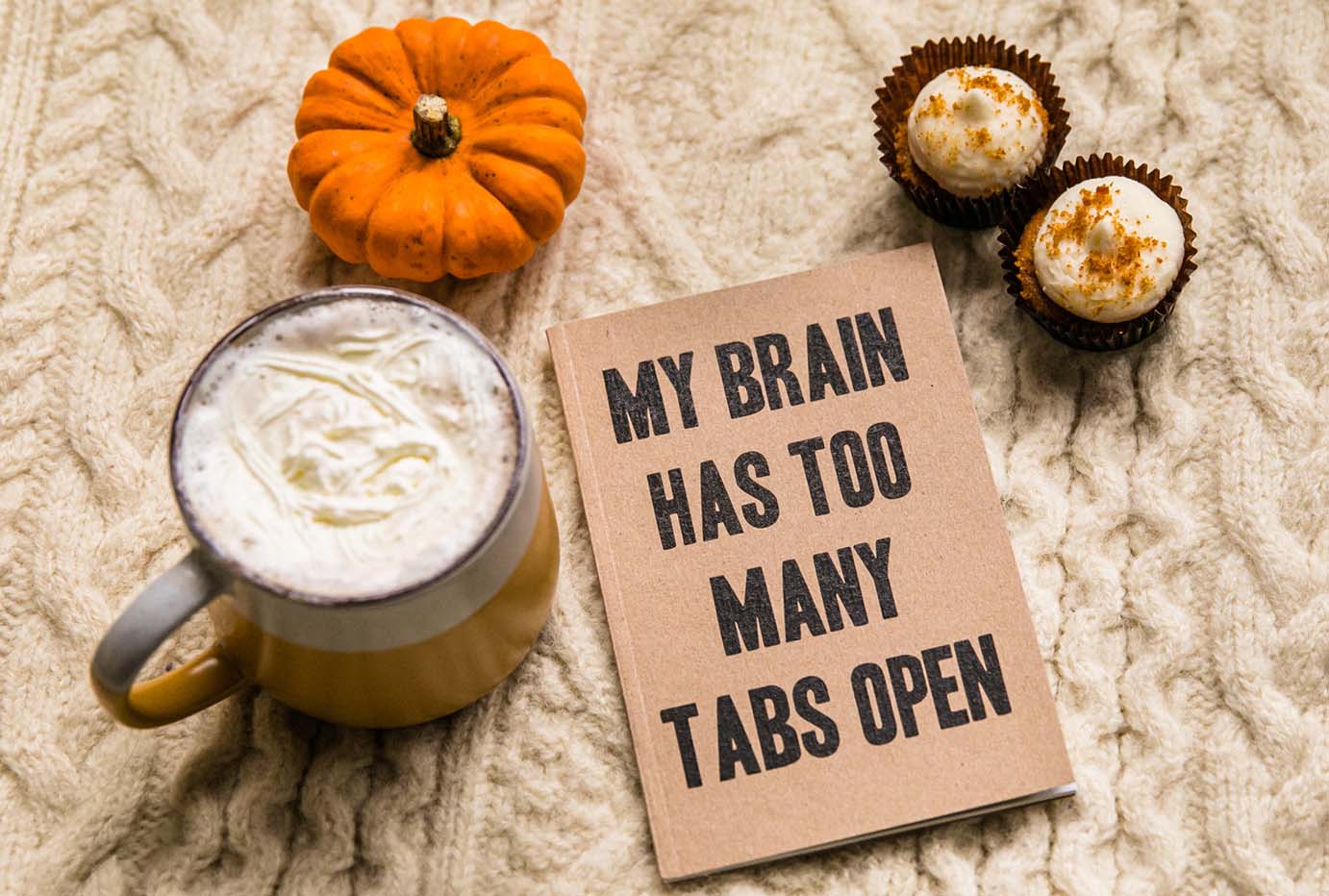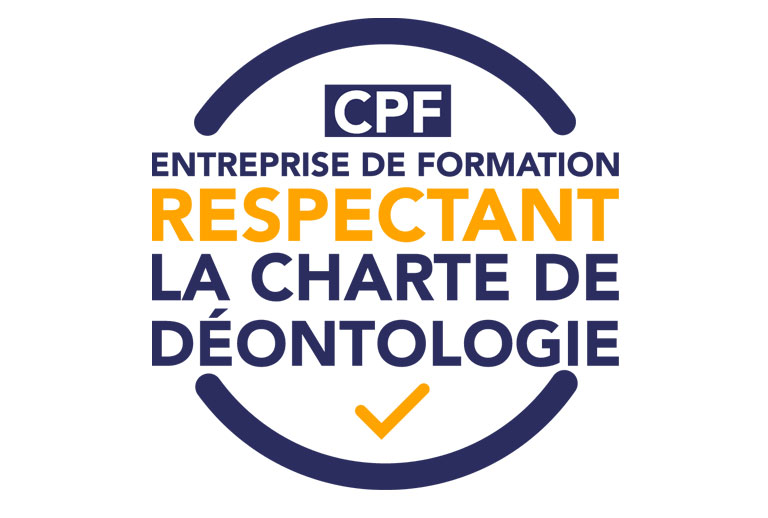The world is changing at an unprecedented rate, and keeping up with it requires constant learning.
While the benefits of lifelong learning are clear, whether it’s increased job opportunities or personal growth and satisfaction, the question remains: how do we actually do it? Some people focus more on reading, while others set aside a specific time for learning each week. But perhaps the most effective way to learn faster is to improve yourself.
That’s the premise of Scott Young’s book Ultralearning, which promises to turn you into master learners by teaching fundamental research-based ideas that can accelerate learning in many different disciplines. By learning to learn using a set of basic mental models, you can improve your ability to acquire and retain new knowledge.
Here are some of the most important mental models for learning:
- Memory strengthens by retrieval. Simply studying for hours on end isn’t always the most effective way to learn. Retrieving knowledge strengthens memory more than simply seeing something for a second time, so testing yourself is one of the best study techniques researchers have discovered. For even greater memory retention, science suggests spacing out your self-testing sessions so that you’re just near the boundary of forgetting when you encounter the material again.
- The accumulation of knowledge is exponential. The amount you’re able to learn depends on what you already know. Research finds that the amount of knowledge retained from a text depends on prior knowledge of the topic. That’s why it’s important to start with a broad overview of the subject and why it matters before trying to master details. Once you’ve mastered the basics, it’s much easier to expand on that knowledge.
- Innovation often emerges from reinterpreting and transforming existing ideas. Creativity can seem like magic, but mostly it boils down to combining old ideas in different ways or porting insights from one area of endeavor to another. The key to experiencing more breakthroughs is often to stop waiting for eureka moments and allow yourself to play and experiment more with ideas and concepts you’re already familiar with.
- The most effective teacher of all is success. While it’s important to push yourself and struggle on the edge of understanding, research has suggested a fairly exact level of difficulty to maximize learning. Aim for a roughly 85 percent success rate when learning. If you succeed above this threshold, you’re probably not seeking hard enough problems–and are practicing routines instead of learning new skills.
- Knowledge becomes invisible with experience. Skills become increasingly automated through practice, which reduces our conscious awareness of the skill and makes it require less of our working memory capacity to perform. Seeking more difficult challenges becomes vital because these bump you out of automaticity and keep your skills fresh and adaptable.
By applying these mental models to your own learning, you can accelerate your ability to acquire new knowledge and skills. Whether you’re trying to master a new language or improve your leadership abilities, these principles can help you do it faster and more effectively.







